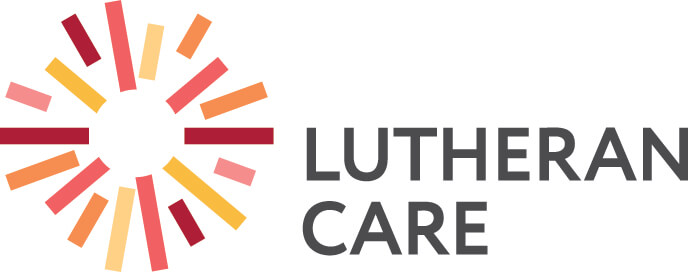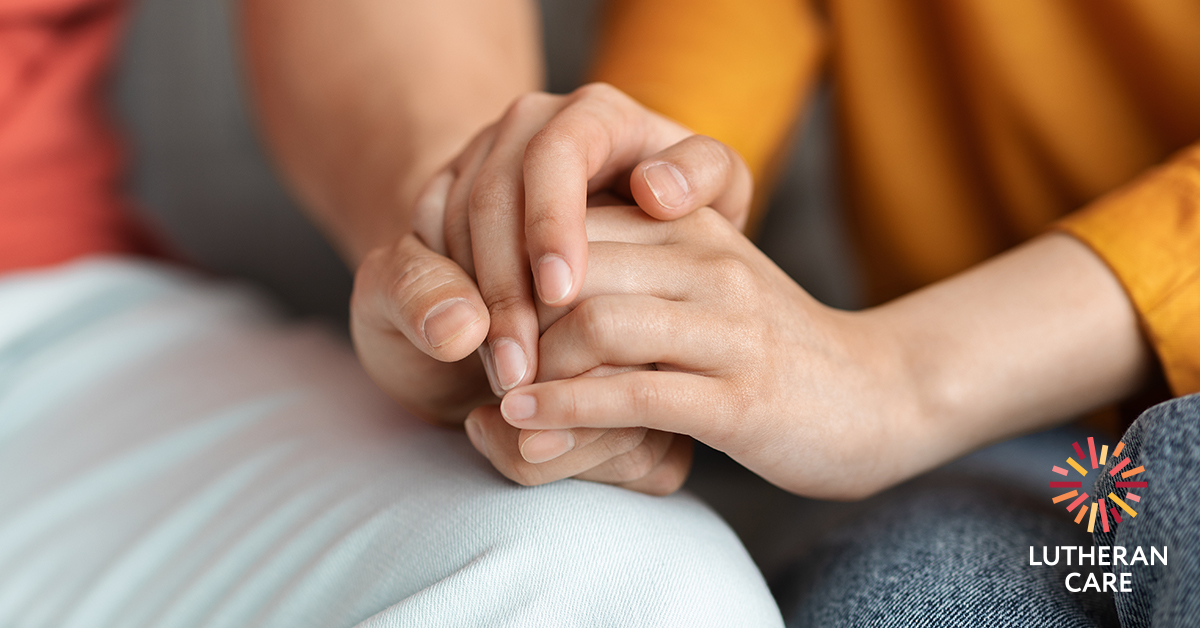Content Warning: Mention of abortion, miscarriage/child loss, infertility, toxic relationships, suicide.
In the leadup to Mother’s Day, we would like to acknowledge that Mother’s Day can be a fraught or triggering day for some people, particularly with the high level of promotion about the day on social media and in the media generally. We spoke with one of the leaders of our counselling team here at Lutheran Care to find out why this is and what strategies are available for people to try to minimise anxiety, enhance coping mechanisms and manage negative feelings around the day and celebrations happening in your networks.
Name: Alison Rogers
Job title: Lead Practioner, Quality – Family and Relationship Services & Specialised Family Violence Services
Why may some people find Mother’s Day a challenging day?
Mother’s Day can be challenging if a person has a complicated relationship with their mother (or no relationship at all), they are adopted, or if their mother has passed away. Also an unfulfilled desire to be a mother or the loss of child through abortion/miscarriage, medical issues or accident/suicide death at any age can make it a hard day.
What are some strategies people can use to minimise the negative impact they feel around Mother’s Day?
Planning is important and recognising that mothers are present in people’s lives in many different ways and expressed differently within varying cultures.
When the issue is separation, loss of a child or lack of ability to have one, it’s a bit trickier. Allowing yourself to grieve is important. Just because everyone else is happy, doesn’t mean you have to be. Choosing activities that make you happy is important. This will look different for everyone and could include volunteering, joining a support group or being in nature. The list is endless and individual.
What self-help or self-care ideas do you recommend?
As above, pre-planning the day is important if it is a triggering day. Be intentional about how you handle it and choose something that brings you happiness.
Where can someone go for further support or advice?
Beyond Blue 1300 224 636 or Lifeline 131 114 for general help. Regarding the loss of a child or pregnancy specifically there is SANDS 1300 308 307 (miscarriage, stillbirth & newborn death), The Compassionate Friends 1800 641 091 (Death of a child) or Red Nose (formerly SIDS & Kids) 1300 308 307.
Alison says, “It’s a lot more common than most people think to have issues with Mother’s Day. Culturally we tend to put on a happy face and pretend everything is ok, but I’d like to see more normalisation of the fact that Mothers are flawed human beings who are doing the best that they can with what they’ve got to work with instead of holding them up as some kind of superhuman. It’s unrealistic. If we allow mothers to be human, it makes it much easier to focus on what they had the capacity for instead of being disappointed by what they weren’t or lessened by comparisons with others. Equally, I’d like to see childless women who nurture in other ways included in the celebration of mothers. It takes a village to raise a child and sometimes I wonder if the celebration of Mother’s Day inadvertently places more pressure on mothers to be all things to all people instead of making it easier to share the load with friends and family.”

